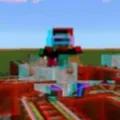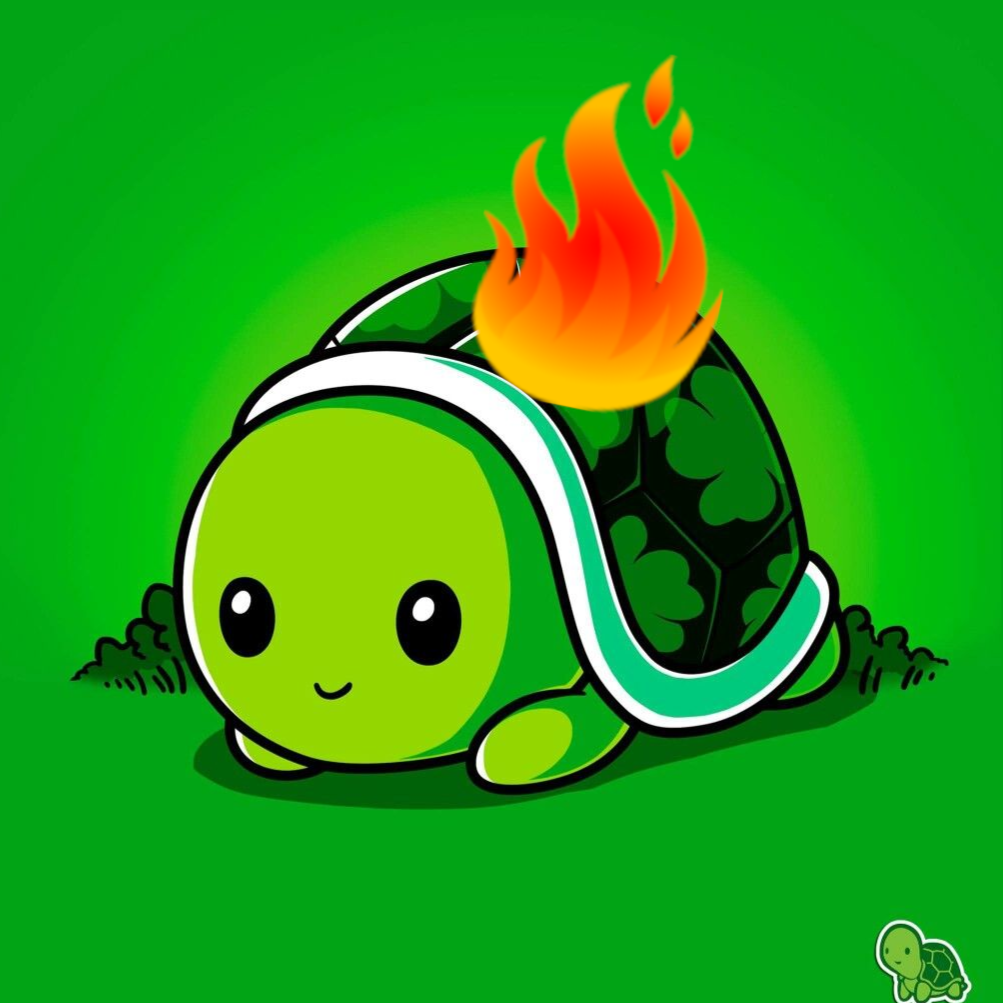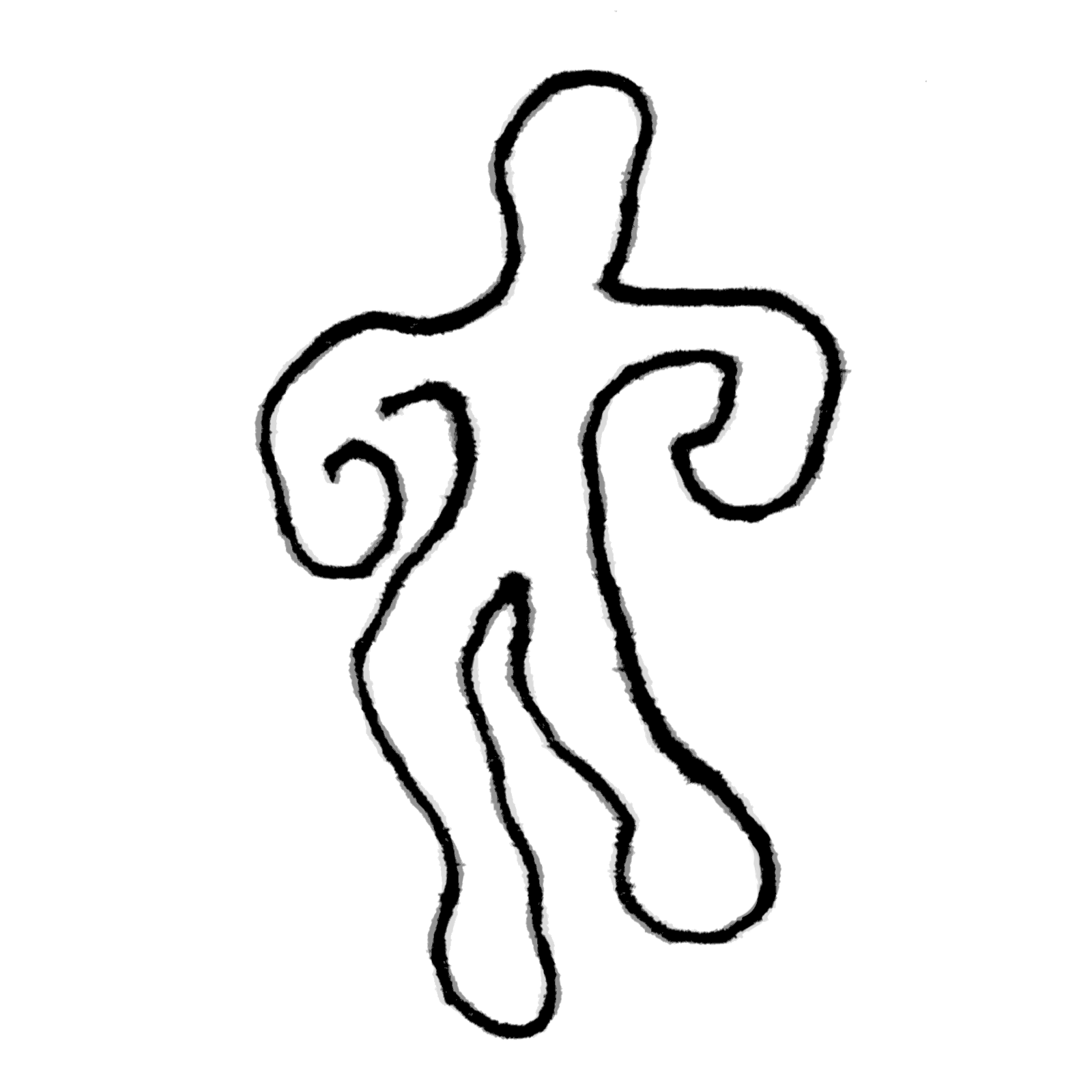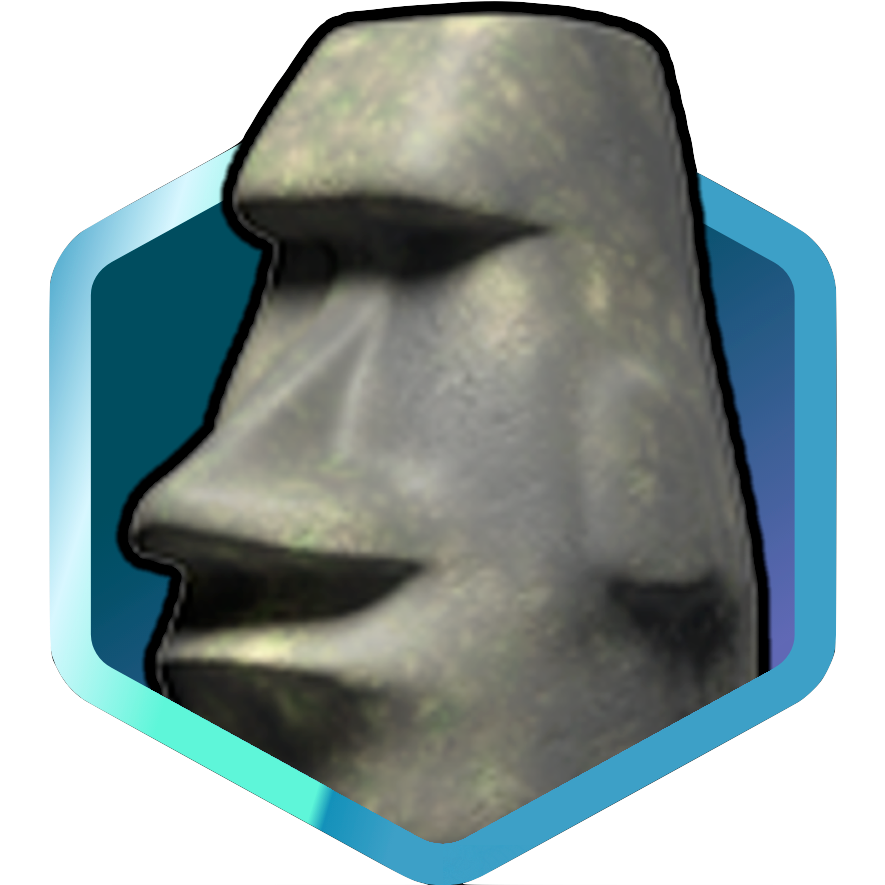*/1Get out. You’re fired.
Oh does * mean every minute anyway.
YES
Believe it or not, jail.
What
JAIL
Believe it or not.
Yes but why are you saying that to me?
I’m not. I was just telling you “what” they said.
You are learning which is great.
The sysadmin version of
if(predicate) { return true; } else { return false; }
Gotta chain that with
arecordtoo if you want the full, Orwellian experience.How to add a picture from the Webcam?
ha, yeah. Throw in some
fswebcamtoo. lolDon’t forget to export your clipboard to plaintext
The telescreen received and transmitted simultaneously. Any sound that Winston made, above the level of a very low whisper, would be picked up by it; moreover, so long as he remained within the field of vision which the metal plaque commanded, he could be seen as well as heard. There was of course no way of knowing whether you were being watched at any given moment.
nice, i always wanted a telescreen in my house
Its missing the command to forward every screenshot to Microsoft
Something like: > sftp://telemetry.microsoft.com that would be even better.
That’s not the worst idea ever. Say a screenshot is 10 mb. 10x60x 8 hours =4800mb per work day. 30 days is 150gb worst case scenario. I suppose you could check the previous screenshot and if it’s the same, then don’t write a new file. Combine that with OCR and a utility to scroll forward and backward through time, it might be a useful tool.
Are you on 16k resolution or something?
When i take a screenshot of my 3440x1440 display it’s 1MB big. I mean this doesn’t change the issue in its core but dramatically downsizes it
they’re running 10 screens in parallel
I just chose a number haha. That makes it much more feasible then.
Also, 1MB on full resolution. You could also downscale the images dramatically after you OCR them. So let’s say we shoot in full res, OCR and then downscale to 50%. Still enough so everything is human readable, combined with searchable OCR you’re down to 7,5GB for a whole month.
Absolutely feasable. Let’s say we’re up to 8GB to include the OCR text and additional metadata and just reserve 10GB on your system for that to make double sure.
Now you have 10GB to track your whole 3440x1440 display.
What’s OCR?
Optical Character Recognition. Basically just extracting text from an image.
Optical Character Recognition
Making a program read a text in image form and make it computer-readable / searchable / selectable
Running OCR every second sounds like a great way to choke your CPU
Once a minute, and only if the screen contents change. I imagine there’s something lightweight enough.
In order to be certified for running Recall, machines currently must have an NPU (Neural Processing Unit, basically an AI coprocessor). I assume that is what makes it practical to do by offloading the required computation from the CPU.
Apparently it IS possible to circumvent that requirement using a hack, which is what some of the researchers reporting on it have done, but I haven’t read any reports on how that affects CPU usage in practice.
Recall analyses each screenshot and uses AI or whatever to add tags to it. I’d assume that’s what the NPU is used for.
You could optimize it though.
As said one comment above, check if it’s the same composition as before and don’t take a screenshot if it didn’t change. Make some rules to filter out video content so if you have a youtube video open it doesn’t take a screenshot every second just because the video is running.
Or you could actually integrate this with your window manager. Only take a screenshot if you move / resize / open / close a window. Make a small extension for browsers that tell it to make a screenshot if you scroll / close / open a page. Then you don’t have to make a screenshot and compare with the one before.
This wouldn’t be as thorough as just forcing screenshots all the time and you would probably not catch stuff like writing a text in libreoffice as you don’t change anything with the window. But it could be a resourceful way to do that.
And if for example no screenshot was taken for 1 minute because nothing called for that, you could just take one regardless. That way you have a minimum of one screenshot per minute or as often as window manager / browser calls for it.
That’s why the new cpus have npus on board…
That’s what recall is… It’s literally screenshotring and. Ocr / ai parsing Combined with a sqllite database
I think it would be hugely useful.
But obviously I don’t want a malware company like Microsoft doing that “for me” (actually the purpose is hyperspecific ads if not long term planning to exfiltrate the data).
Not sure if I even trust myself with the security that data would require.
If only MS used DuckDB then they wouldn’t have such a huge PR disaster on their hands.
I mean taking the screenshot is the easy part, getting reliable OCR on the other hand …
In my experience (tesseract) current OCR works well for continuous text blocks but it has a hard time with tables, illustrations, graphs, gui widgets, etc.
I suppose you could check the previous screenshot and if it’s the same
Hmmm… this gives me an idea… maybe we could even write a special algorithm that checks whether only certain parts of picture have changed, and store only those, while re-using the parts that haven’t changed. It would be a specialized compression algorithm for Moving Pictures. But that sounds difficult, it would probably need a whole Group of Experts to implement. Maybe we can call it something like Moving Picture Experts Group, or MPEG for short : )
Just use JPEG instead of PNG.
What does that command do?
Takes a screenshot every minute and saves it
Can you search the screenshots with OCR though? That’s Recall’s main selling point
You can start by running
sudo apt install tesseract-ocrand then reading its docs.Fulfills the AI quota 👍
It appears to be as simple as
tesseract <infile> <outfile>. Possibly could even pipe (or tee) the screenshot straight into that and save both an image and a text file in a single command line.So something like this should do the trick:
gnome-screenshot -f - | tee /Microsoft/yourPrivacy/$(date +%s).png | tesseract - /Microsoft/yourPrivacy/$(date +%s).txtSkip the database, just use
grepto search that directory if you need to find anything. Voilà, homemade Recall.It is much better to search using ElasticSearch or Sphinx. Grep is super slow, non indexed and can’t do natural language full text searches. It’s pretty much useless for any real world text search you’d want from OCRed content. And all these better tools are free and open source, so really a no brainer.
I’m sure there are many ways to improve on this solution, but they would all require significantly more effort (ElasticSearch isn’t exactly trivial to set up).
This is really just a proof of concept, the most minimal viable implementation that gets you something similar in terms of functionality.
For instance, Windows Recall stores OCR content tagged by app, this solution doesn’t. Also, as others have mentioned, a practical implementation should likely check if anything has changed at all and discard any screenshots that don’t have any new data.
deleted by creator
I can’t imagine it’d be that hard to write some code that does that using an existing AI model.
I found a small command to run KDE Spectacle (screenshot software) with Tesseract so I can OCR a screenshot if I want to, I only had to install Tesseract and a main language, you could easily do the same with an API and/or a local AI.
You’re probably right.
This is a shitpost and not a real suggestion.
its a cronjob that runs each minute (*/1) in any hour, any day, any month, on any weekday, gnome-screenshot obviously takes a screenshot and outputs it to the given file path and filename, where the filename is written as the current date as string and .png as format
It’s a crontab entry which, once a minute, uses the gnome-screenshot program to take a screenshot of your monitor and save it to /Microsoft/yourPrivacy.
Does gnome-screenshot work without
DISPLAYbeing set?It does not work like shown here, but with the same line in a script and the script as crontab it works.
I really can’t understand why people would want it, given the added risks.
The problem is, knowing Microsft, its gonna be turned on by default. And half the people who use Windows barely know how to turn the computer on and off. Let alone dive deep into some half baked settings app to figure out where to turn it off.
















